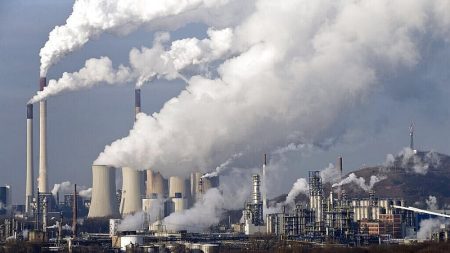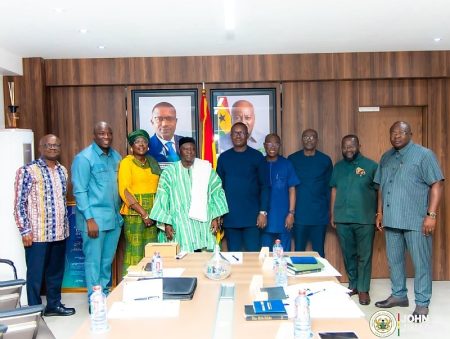The African Development Bank (AfDB) has taken a significant step in its lending strategy by approving a $139 million loan to the City of Johannesburg, South Africa. This marks the bank’s first direct lending to a sub-sovereign entity, signaling a new approach towards supporting urban development and economic growth within African nations. Johannesburg, Africa’s financial hub and home to its richest square mile, has been grappling with deteriorating infrastructure, which has drawn criticism from President Cyril Ramaphosa, particularly in light of the city’s upcoming hosting of the G20 summit in November. The AfDB loan aims to address these challenges by funding 100 carefully selected projects focused on modernizing Johannesburg’s electricity, water, and waste infrastructure. This intervention is crucial not only for the city’s immediate needs but also for showcasing South Africa’s capabilities on the global stage.
The AfDB’s decision to directly lend to Johannesburg underscores the bank’s recognition of the crucial role cities play as engines of economic growth. Traditionally, the AfDB, primarily funded by member country subscriptions, has focused on lending to national governments. This shift towards subnational entities like cities and regional authorities represents a strategic move to address localized development needs and unlock the economic potential of urban centers. Johannesburg’s contribution of 16% to South Africa’s GDP and its status as a gateway for continental investment further highlight the strategic importance of this loan. By strengthening the city’s infrastructure backbone, the AfDB aims to not only improve the quality of life for its residents but also to bolster investment and economic activity, thereby contributing to Africa’s overall urban development.
Johannesburg, often referred to as the “city of gold” or “Jozi,” has faced a myriad of infrastructure challenges, including burst water pipes, overflowing garbage, and dilapidated roads, all indicative of past mismanagement. The city’s aging infrastructure has also led to significant losses in electricity and water resources. The AfDB estimates annual electricity losses at 30% and water losses exceeding 46% over the past three years, representing a significant drain on the city’s resources and hindering its economic potential. These losses underscore the urgent need for infrastructure upgrades and modernization, which the AfDB loan aims to address. By investing in these crucial improvements, the bank aims to contribute to a more sustainable and efficient urban environment.
President Ramaphosa’s public criticism of Johannesburg’s current state reflects the urgency of the situation. His call for the city to improve its appearance ahead of the G20 summit underscores the significance of the event and South Africa’s desire to present a positive image to the world. The summit presents an opportunity for Johannesburg to showcase its progress and potential to a global audience, and the AfDB loan provides a timely intervention to address the city’s most pressing infrastructure needs. The successful execution of these projects will not only improve the city’s functionality but also enhance its international standing.
The $139 million loan to Johannesburg forms part of a larger AfDB investment in South Africa. On the same day, the bank also approved a separate loan of $474.6 million to promote energy efficiency and rail reforms in the country. These combined loans represent a significant investment in South Africa’s infrastructure and development, further demonstrating the AfDB’s commitment to supporting the country’s economic growth. This coordinated approach to addressing multiple infrastructure challenges highlights the AfDB’s comprehensive strategy for promoting sustainable development in South Africa. The emphasis on energy efficiency and rail reforms aligns with broader continental goals of sustainable development and improved connectivity.
These AfDB loans come just a week after the World Bank provided a $1.5 billion loan to South Africa, aimed at reviving the country’s sluggish growth rate. The convergence of these substantial financial commitments from international institutions signifies a concerted effort to support South Africa’s economic recovery and development agenda. The loans reflect a shared understanding of the country’s potential and the importance of investing in its infrastructure and key sectors to unlock that potential. The combined resources from the AfDB and the World Bank will provide a significant boost to South Africa’s efforts to address its economic challenges and achieve sustainable and inclusive growth. The focus on infrastructure development, energy efficiency, and rail reforms reflects a broader strategy to address structural bottlenecks and create a more conducive environment for investment and job creation.














